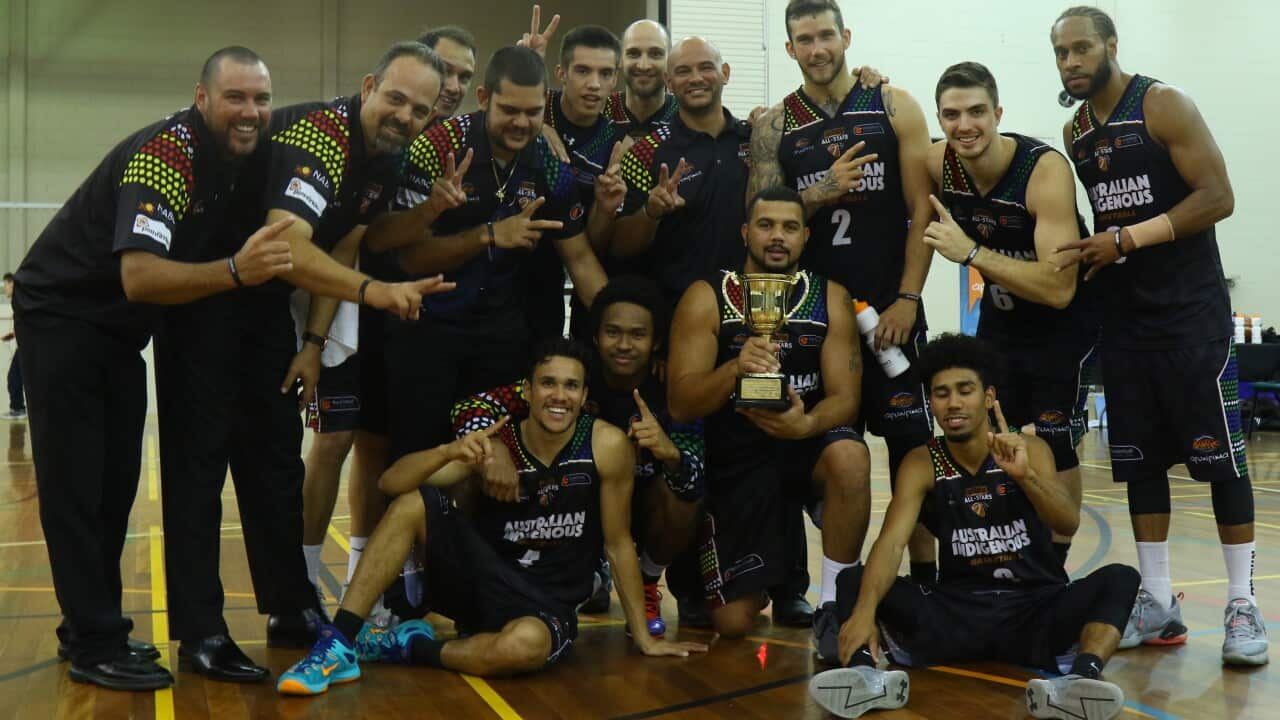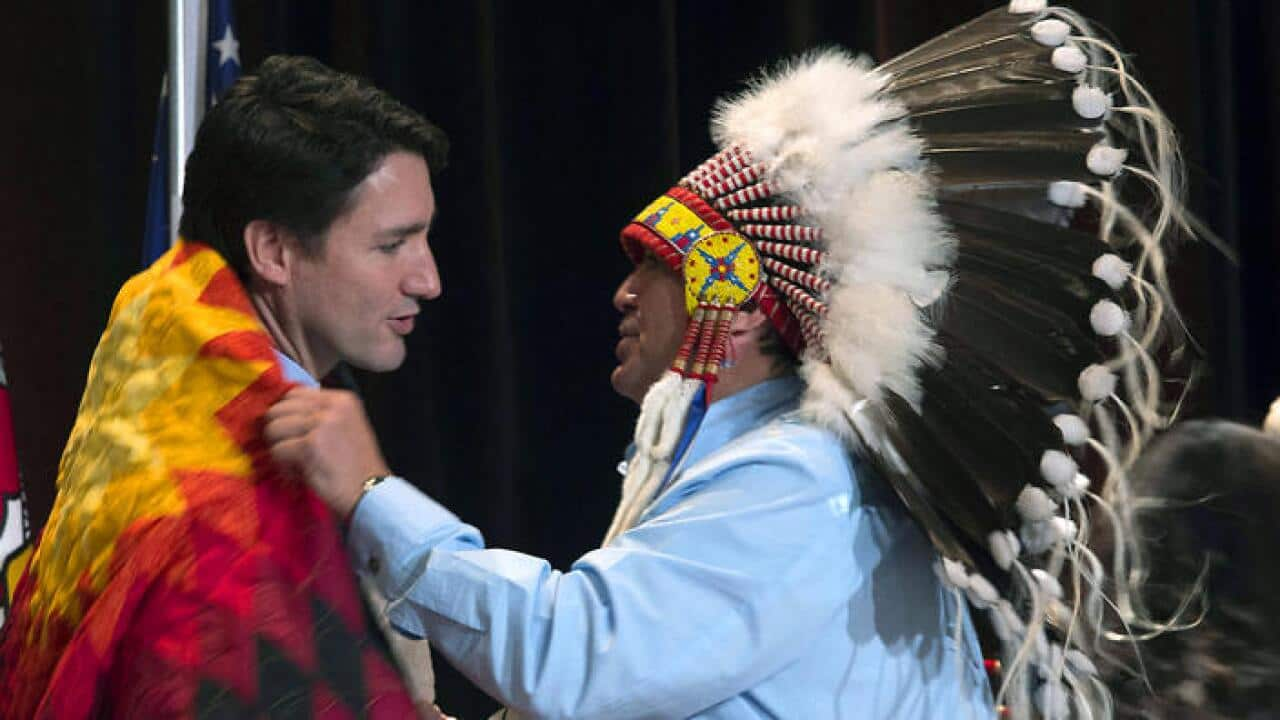Many Aboriginal Canadians mark the day by inviting members of the public to immerse in their culture by attending pow wows, parades, ceremonies, dances, songs and festivals held across the country.
The federal government has established a reference page for Canadians to look up events being held in their cities on Tuesday and later in the week, as National Aboriginal Month continues. Celebrations this year will take place in various cities across the country and will be filmed live.
Here's what you need to know about the day for recognition, reflection and education.
1. 20th anniversary
Canada’s National Aboriginal Day celebrates the unique heritage, diverse cultures, and outstanding achievements of the nation’s Aboriginal peoples. There are three Aboriginal groups in Canada – the First Nations, Inuit and Métis peoples. Every year, National Aboriginal Day is annually held on June 21 to coincide with the summer solstice, a day that holds cultural significance in many aboriginal cultures. Many of Canada’s Aboriginal peoples celebrated their culture and heritage on or near this day for many generations.
Be it Indigenous artist from the Black Eyed Peas, or Cree politician, Robert-Falcon Ouellette, millions of people, from all around the world, are celebrating National Aboriginal Day in Canada.
2. National Aboriginal Day is more than two decades old
Canada’s governor general, Roméo LeBlanc, proclaimed the first National Aboriginal Day in 1996. It took several consultations with First Nation, Inuit, and Métis people. The idea for a nationwide day to celebrate Indigenous culture and contributions was introduced in 1982, by the Assembly of First Nations, formerly the National Indian Brotherhood.
3. Not a statutory holiday
National Aboriginal Day is not a statutory holiday in most of Canada, however, the Northwest Territories have celebrated National Aboriginal Day as a statutory holiday since 2001 and the Yukon is also considering making it a statutory holiday.
But some believe that should be changed...
4.The Truth and Reconciliation Commission report have made it Action #80
has made their action number 80 a call for the federal government to: "Establish, as a statutory holiday, a National Day for Truth and Reconciliation to honour survivors, their families, and communities, and ensure that public commemoration of the history and legacy of residential schools remains a vital component of the reconciliation process.

Source: NITV News
5. June marks National Aboriginal History Month
In 2009, the House of Commons unanimously voted that June be adopted as National Aboriginal History Month. The motion was introduced by former New Democratic Party MP Jean Crowder, who, at the time, said: “reconciliation must be built through positive steps that show respect and restore trust. This apology must not be an end; it must be a beginning,” and also that: “A move towards real reconciliation with Aboriginal peoples in Canada is long overdue.”


Source: NITV News

Source: NITV News
6. The entire nation dances the same dance at the same time
At the same time in every single city across the country people gather to participate in a round dance. It is The dance is shown in real time, in all the participating cities on jumbo screens across the nation. Representatives for the event will have people gather and show them how to do the dance, then at 2:26 p.m. the simultaneous dance will begin.













